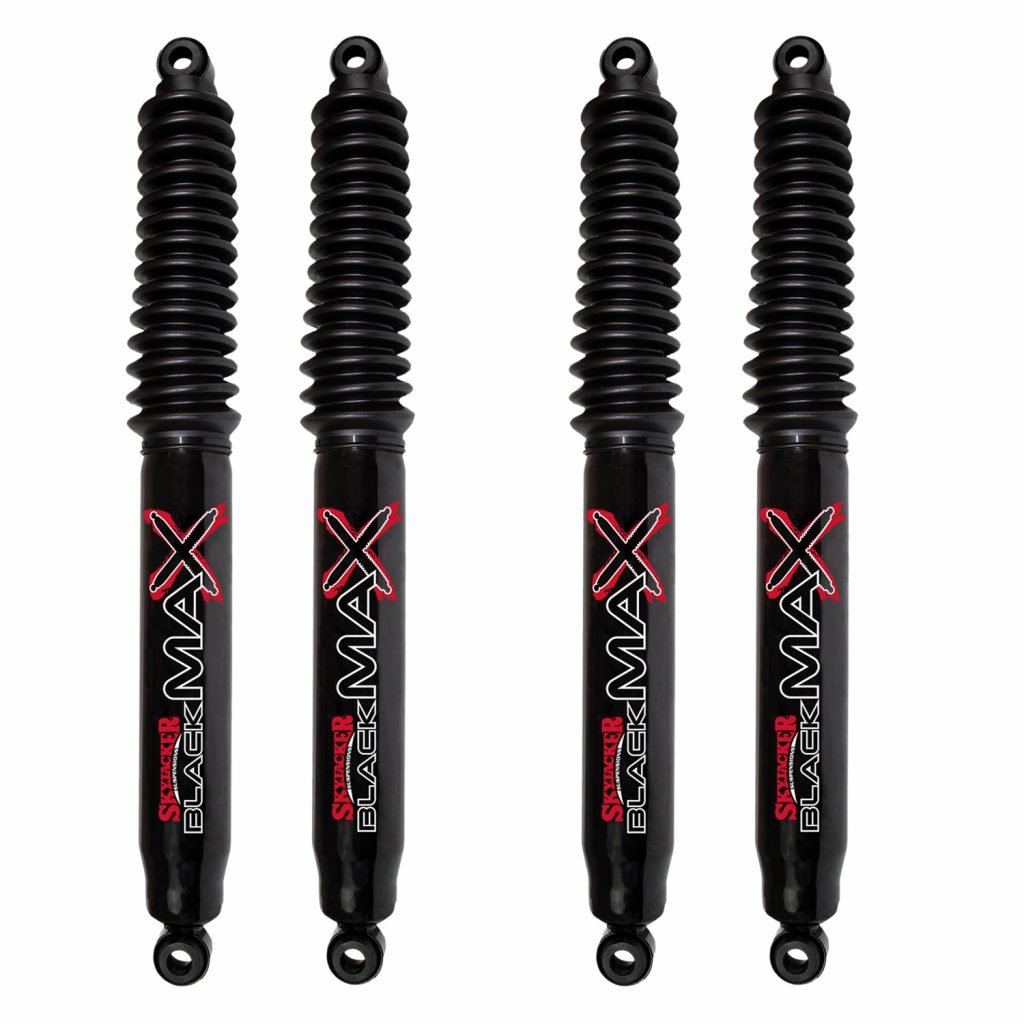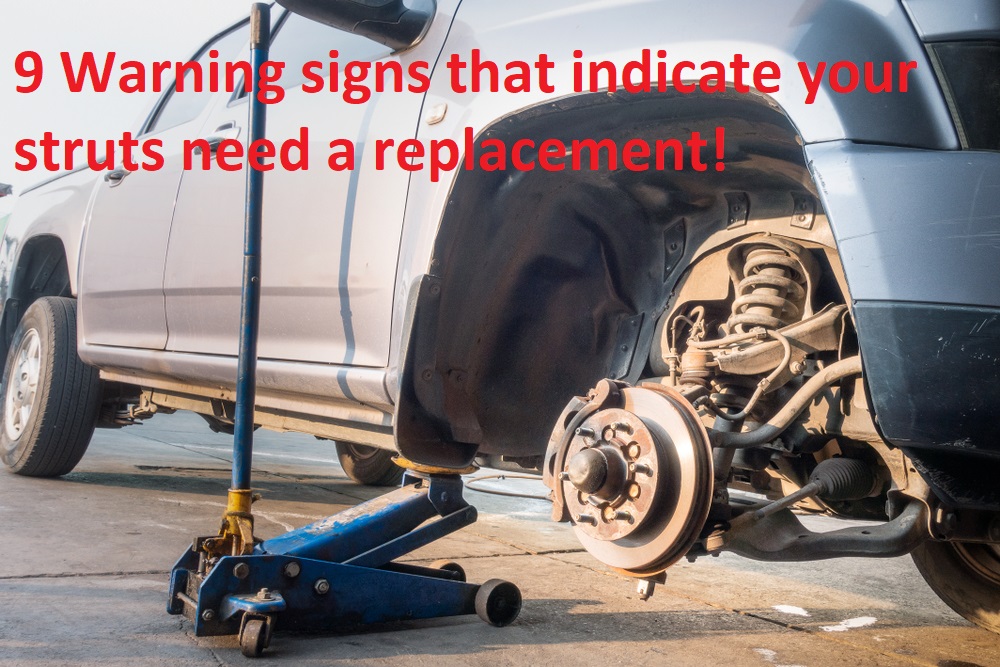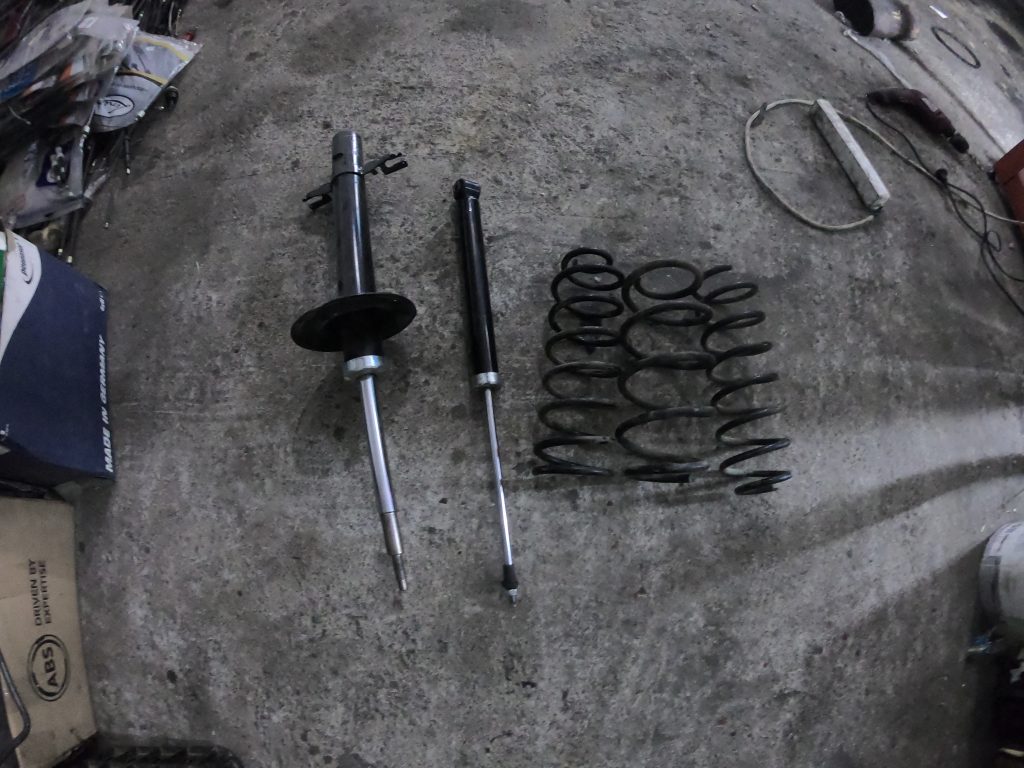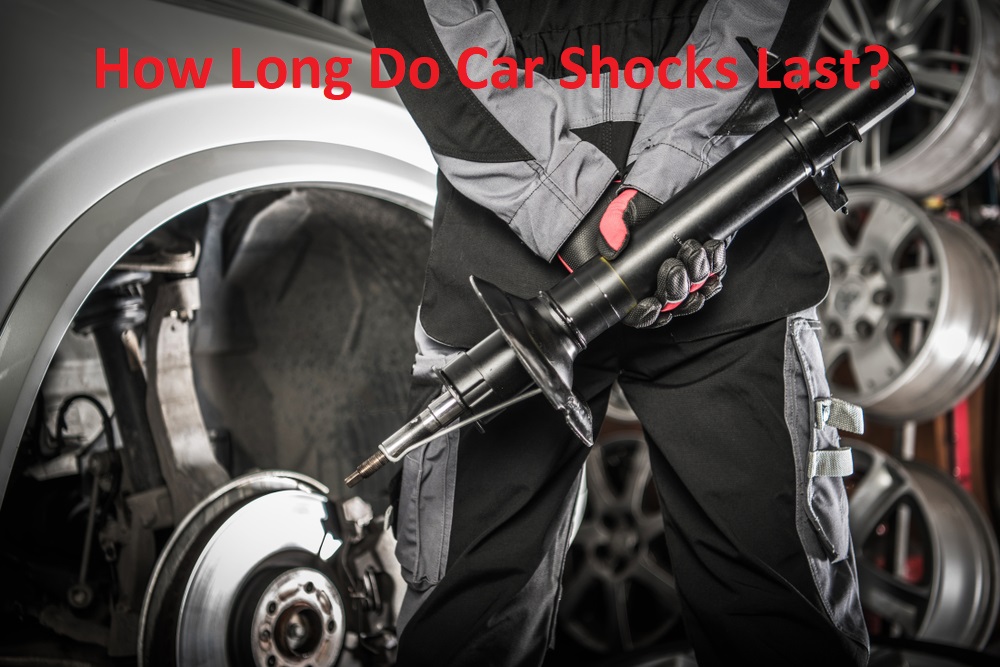Different products are produced and marketed to improve our lives. The car we use also includes various gears or components like shock absorbers that help you ride easier and comfortable. There are two types of shock absorbers that we will talk about today; nitrogen (gas shocks) and hydraulic (oil shocks), both have differences and similarities.
It is important that you find the best fit for your ride and help you make it easier to tackle off-road trails. Aside from that, many factors need to be considered such as shock absorber cost, durability, performance, and maintenance.
Hydro shocks are for you if you rarely hit the trails and just minding a smooth ride. Although, if you go for the best off-road performance, then nitro shocks are the right choice. Here is the comparison guide on nitro shocks vs. hydro shocks that will help you choose the appropriate one for your vehicle.
Hydro Shock Absorbers
The main role of a shock absorber is to absorb all the impacts that your vehicle put up with during the ride. It mops up the vibrations which allow you and your car to not feel the magnitude of bumps or jerks on the road.
Hydraulic shocks are shock absorbers that allow the device to dampen or absorb the extent of the shocks by the use of hydraulic fluid. It removes the impact of the jolts by creating heat energy from the kinetic energy created by the shock. These include a cushion or spring type that enables the vehicle to withstand the jerks or shocks.
Hydro shocks are great for those who are on a budget or just looking for a smooth daily ride.
Nitro Shock Absorbers
Gas shock absorbers are known for their characteristics and features. The amazing ride quality that you get with the nitrogen-filled shocks come from its absorption attribute that isolates vibration. Gas shock absorbers reduce the overall impact of the vibration. Compared to others, the system gets more efficient with the induction of nitrogen that enables foaming limit. The nitrogen gas is required in tackling or reducing the foaming that is caused by the use of hydraulic fluid in shock absorbers. Though being on the more expensive side, they give a quicker response time and nitro shocks last longer compared to the other kind of shock absorber.
Nitro vs. Hydro Shocks
Also read: Monotube vs Twin Tube Shock Absorbers- Which One to Choose?
Even though both hydraulic and nitro shocks have the same task, there are still some differences between the two. The element that they use to do their job is the main difference between these two types of shock absorbers. As stated above, hydraulic fluid is used by a hydro shock absorber while nitrogen gas is used by a gas shock absorber. Here is the difference between hydraulic shock and nitro shock in terms of performance, durability, maintenance, and price.
Performance
Both types of shock absorbers have one objective and that is to absorb all the vibrations and shocks that the vehicle experiences on the road. Both types give you a comfortable and smooth ride but the performance of gas shocks is lightly better in comparison to the hydraulic shocks. Gas charged shocks deliver smoother movements hence you will feel very minimal jerky movements while on the ride.
Durability
The durability of shock absorbers depends on the brand and quality of gas or hydraulic shock absorber that you buy. However, in most cases, gas-charged shocks will be more present in the everyday conventional cars as a better performing and durable option then the hydraulic ones.
Maintenance
Car maintenance is common and car products like shock absorbers also need some maintenance from time to time. The required maintenance of nitro shocks is less compared to hydraulic shocks which often needs cleaning due to the occurrence of foaming that develops due to hydraulic fluid.
Price
The price difference between the two types of shock absorbers is not too high. But, gas shocks are comparatively more expensive than hydraulic shocks.
Final Words
If you are just looking for a comfortable and smooth ride, any of the two products is a great option. So, what is your choice? Gas shocks or hydraulic shocks?
Let us know in the comments.





